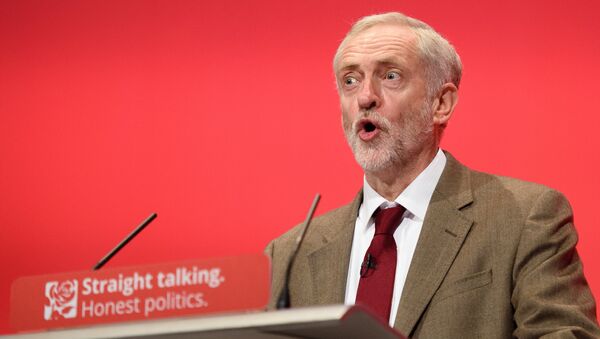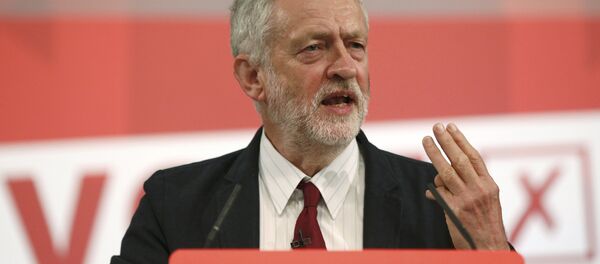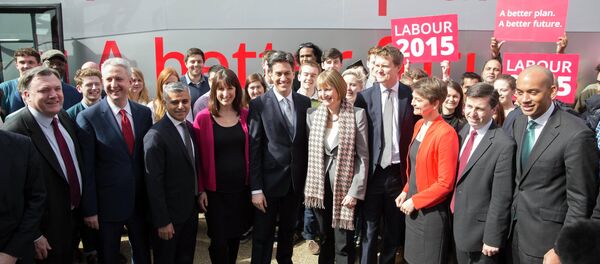He lost a vote of no confidence — by 172 to 40 — a few days after the results of the In-Out referendum on Britain's membership of the EU, which resulted in a win for Brexit by 52 percent. Many within his parliamentary party believed Corbyn has failed to make a cogent case for remaining.
Corbyn, however, has steadfastly refused to step down as party leader, saying he has the mandate from the leadership election in September 2015, triggered by the resignation of Ed Miliband, who lost the general election in May. That mandate — Corbyn says — is from all members and supporters, including the unions — not just his parliamentary colleagues.
I'm on the ballot paper in the Labour Party leadership contest.https://t.co/GP9mb8Ak2y
— Jeremy Corbyn MP (@jeremycorbyn) 12 July 2016
Now that he faces a challenge from former shadow business secretary Angela Eagle and former work and pensions spokesman Owen Smith — and possibly others — Corbyn is set to pit the wider Labour party — which has seen a membership increase of over 100,000 since the referendum — against its MPs. The huge rise in membership is being seen as a sign of grassroots backing for Corbyn.
Historic Split
The last time the party was in such disarray was 36 years ago in 1981, when the so-called 'Gang of Four': — Roy Jenkins, David Owen, Bill Rodgers and Shirley Williams — left the Labour Party to found the Social Democratic Party (SDP).
The four believed that the Labour Party had been infiltrated by left-wing radicals who had managed to use the 1981 Wembley conference to commit the party to unilateral nuclear disarmament and withdrawal from the European Economic Community.
In the 1983 and 1987 general elections, the SDP formed an alliance with the Liberal Party, finally merging with it in 1988 to form the Liberal Democrats.
I am calling on all Labour Party members and supporters to act with calm and treat each other with respect pic.twitter.com/Hfzx12ChK9
— Jeremy Corbyn MP (@jeremycorbyn) 12 July 2016
Corbyn now faces the unedifying prospect of overseeing a similar split, with his many grassroots supporters — on the left wing of the party, sharing his anti-war and anti-nuclear views — at odds with the parliamentary party, many of whom voted for the Iraq war and who are in favor of Britain's nuclear deterrent.




